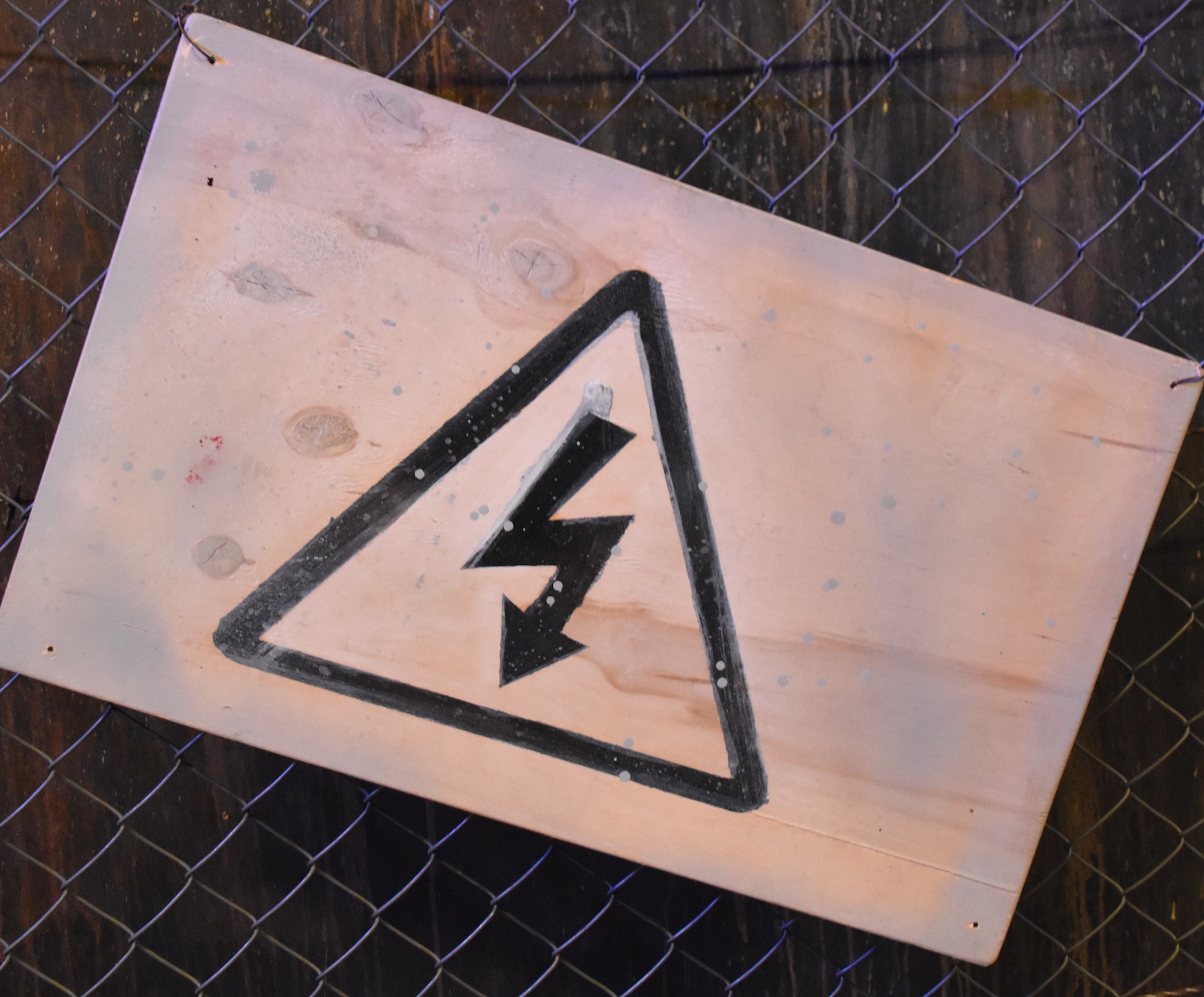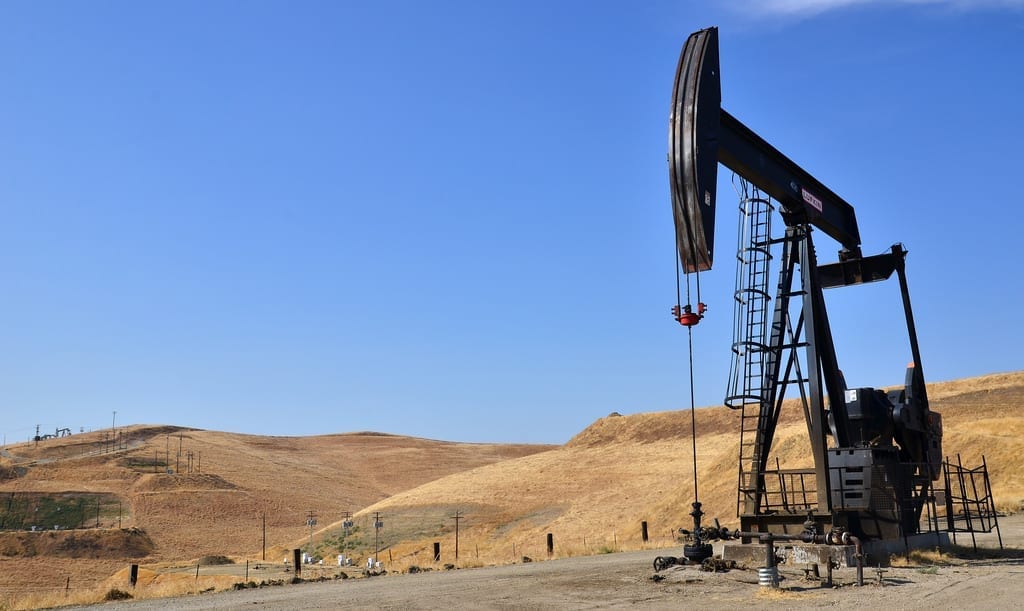Extreme energy sources on oil fields increase the likelihood of electrocution.
Working in an oil field brings a wide array of hazardous experiences, many of which may result in debilitating injuries. When someone works in an oil field, there is a real chance they may be hurt. Common oil field injuries differ from injury cases in other professions, often due to their severity.
Causes of Common Oil Field Injuries
Working in an oil field represents a considerably more dangerous job than average. Due to an oil field’s high-risk work environment, many injuries may cause more severe results and possibly death.
Fires and Explosions
Oil field employees regularly work with the risk of fire and explosions. Wells, tanks, and heavy trucks may release flammable gases, increasing the risk of ignition. If open flames, static electricity, friction, and other electricity sources ignite, the result may be catastrophic. Burns resulting from these types of accidents occur more commonly on oil fields. While some burns may be minor, others may result in permanent damage and disfigurement to victims.
Well Malfunction
When pressure systems fail in crude oil wells, this can cause an uncontrollable crude oil spill or release of natural gas. When mixed with a spark, friction, or open flame, a devastating fire may occur. Surface blowouts may result in debris, mud, oil, and rocks shooting out of the well, causing injuries to the crew above. Modern-day pressure control systems prevent these types of accidents; however, despite the implementation of these systems, well blowouts continue to occur.
Toxic Exposure
Working in an oil field opens up your risk of exposure to toxic chemicals. Some chemicals are inherently toxic. Others become toxic when mixed with other chemicals regularly present at oil fields. All workers should be appropriately trained and protected from harmful exposure to these chemicals.
Exposure to chemicals may occur through the air you breathe, the water you drink, and the waste from drilling. Many chemical-exposure-related injuries may not manifest until sometime after the damage has already occurred. A diagnosis of toxic exposure may take years.
Electrocution

Extreme energy sources on oil fields increase the likelihood of electrocution. Electrocutions occur in oil field injuries due to several causes, including:
- Improper use of machinery and equipment,
- Unsafe work conditions,
- Failure to use proper safeguards, and
- Inadequate training.
Electrocution injuries may result in severe burns as well as permanent tissue damage. Workers in such accidents may also face amputation or traumatic brain injuries.
Burn Injuries
A common way oil field workers experience work-related injuries arises in the form of burn injuries. When a worker touches a defective piece of equipment, comes in contact with damaged electrical equipment, or makes an error at work, fires and explosions may result. Any form of a chemical explosion or exposed power lines creates dangerous situations. These events occur quickly, leaving no time for workers to escape to safety before suffering catastrophic burns. A severe burn often leaves a person changed forever. First- and second-degree burns may result in minor injuries. However, third- and fourth-degree burns cause permanent issues that may last a lifetime. Limited mobility and, in some cases, amputation may occur. Furthermore, disfigurement may cause substantial emotional distress for the victim and family members.


Join the conversation!